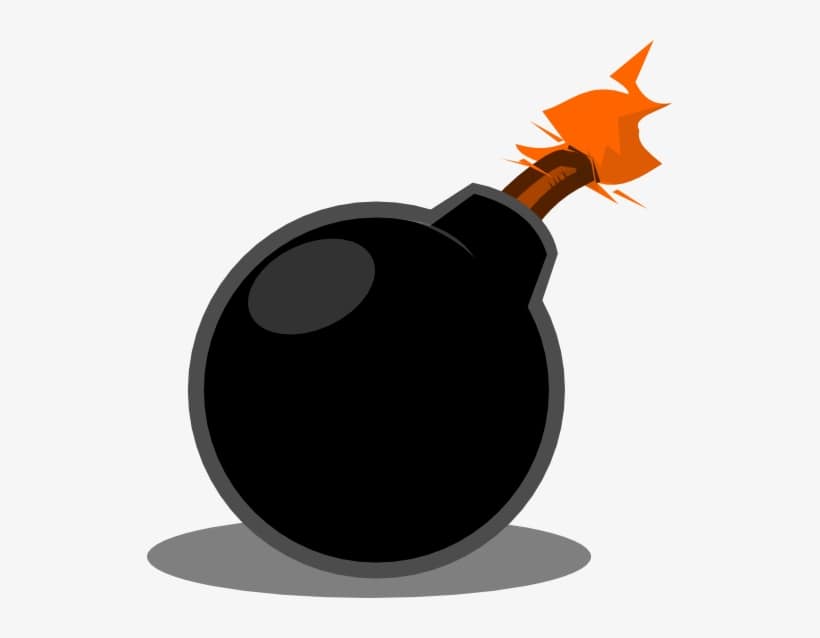From Bombs to Soccer

You can probably figure out, without being an expert linguist, that the word “bomb” is related to the sound of “boom” that an explosive makes. Yes, that’s the way it is. The word came from French (what else) bombe, which derived from the Italian bomba. The Italian word, at its turn, probably came from the Latin bombus (“a deep, hollow noise,”), derived from Greek bombos (“deep and hollow sound”).
What about the Armenian word? The word ռումբ (roomp) should not be confused with the English rump , and even if you think that it is related to “boom,” you would be on the wrong track. Worse: it had nothing to do with an explosion.
The origin of roomp is unknown. It has been suggested a relation with Arabic rumH (ramaha ) “spear,” but it does not look promising for phonetic reasons.
What has a bomb to do with a spear? Apparently, nothing. However, this was one of the original meanings of roomp in Armenian ancient literature. In the fifth century, it meant “spear; sling-bullet, lead or iron ball.” In the thirteenth century, the Law Code of Mekhitar Gosh stated: “They have a spear, which is a roomp.” On the other hand, there was the word ռմբաքար (rumpakar) to designate the stone thrown with a catapult, a war machine used during sieges.
Therefore, since the spears and the stones are thrown, the word roomp designated in our days a bomb, which is also a projectile.
Of course, you also have the whole gallery of related words, such as ռմբակոծել (rumpagodzel “to bomb”) or ռմբահարել (rumpaharel “to explode a bomb”), but also ռմբակոծիչ (rumpagodzeech), which designates a “bombardier” (the type of airplane that bombs the enemy positions). However, do not think that all are just military words. The word ռմբարկու (rumpargoo), which means “bomber,” is also used in soccer, in a figurative sense of course, to designate… the goal scorer of a given team.
Who will be the maximum rumpargoo (“goal scorer”) at the World Cup 2018? We will know very soon.
